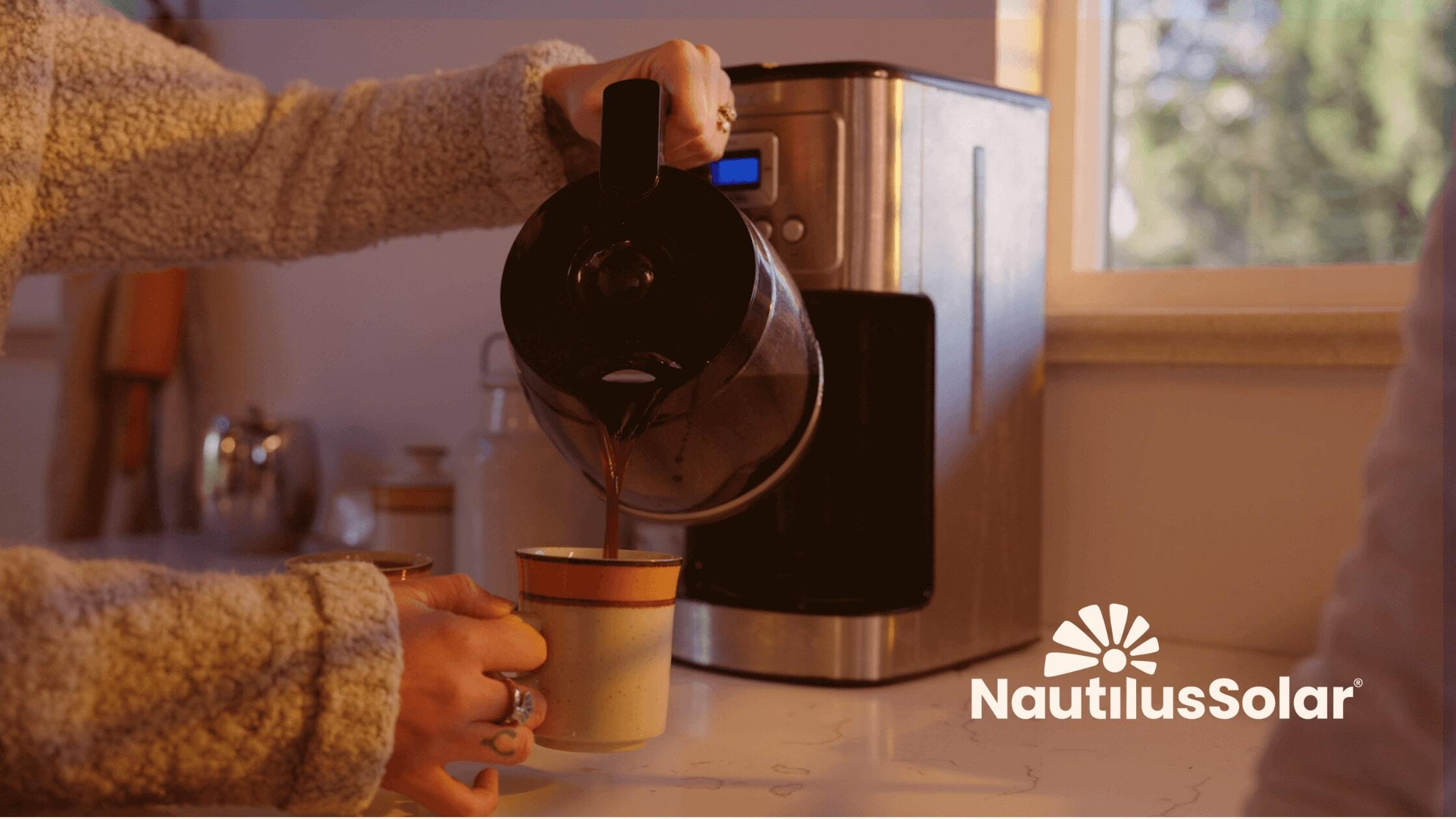Let’s explore some simple yet often overlooked strategies to start reducing your electricity costs today.
Review Your Utility Bill ⚡
Review your recent utility bill statements. If you notice a trend between your electricity bills, you might be able to identify lifestyle factors causing your household energy usage to increase or decrease. Seasonal changes and fluctuating utility electricity rates also have an impact on your bill.
Many utility companies offer programs that incentivize customers to use electricity during off-peak hours, when overall energy consumption is lower. They do this by making electricity more expensive during peak hours, when the grid is strained by higher demand. For example, 4 PM to 8 PM is considered peak hours in many places because people are home from work, watching TV, and doing chores.
Electricity is often cheaper during off-peak hours, so it could be more economical to wait to do laundry or other energy-intensive tasks. You can usually find information about peak hours and varied rates on your utility statements.
Strategically Open and Close Window Curtains 🪟
While this may seem insignificant, it can really make a difference if you make it a consistent habit. On summer days, closing window curtains will shade the interior of a house from warm sunlight and the air conditioning will not have to be on as frequently.
When the weather is colder, leaving the curtains open could allow the sun to bring some additional heat into your home, helping to retain warm the space without turning on the heater.
Before work, just open or close the curtains and you are off to the races.
Energy Efficient-Lighting💡
Need to get some new light bulbs? When you go to the store, it is worth the extra few dollars to purchase LED (light emitting diode) bulbs. As a fun fact, incandescent bulbs release 90% of their energy in the form of heat – not the most efficient. Plus, LEDs last exponentially longer, giving you the best bang for your buck.

Shorten Your Showers 🚿
It's easy to overlook the cost of powering your warm showers, as the soothing comfort often takes precedence. However, those moments of relaxation do come with a price.
By setting a timer for 5-10 minutes, you can save some money using less water and less hot water. Even a minute less every day can go a long way.
An average shower uses about 17 gallons of water and lasts around 8 minutes. So, if you only took 5-minute showers for a month, you could save over 190 gallons of water!
Optimize Fridge and Freezer Temperatures
Your fridge and freezer run 24 hours a day, 7 days a week, 52 days a year. The average fridge uses 1 to 4 kilowatt-hours every day. Check to ensure your fridge temperature is set between 35-38 F and the freezer should be set at 0 F. Always make sure the door is sealing correctly. The Department of Energy has lots of good tips for fridge and freezer usage.
Cook and Clean Efficiently🍳

Here are some easy things you can implement in the kitchen to reduce unnecessary energy loss or usage:
- Cover pots and pans when cooking or boiling water
- Fully load the dishwasher before running the wash cycle to reduce the number of loads you need to make each week. Yes, there is a correct way to load a dishwasher.
- Set your sink tap to cold water to avoid drawing unnecessary hot water from your water heater, which wastes energy even if the hot water doesn't reach the faucet.
- Match the size of your pot or pan to the stove burner to ensure efficient heating and avoid energy waste. Heating the air around your pot or pan is energy you are paying for.
- Defrost frozen food in the microwave before cooking on your stove or in the oven, as these appliances use more energy.
- In winter, open the oven door after turning it off to let the excess heat warm your house.
Join a Community Solar Farm ☀️
Rooftop solar is another way to harvest energy and lower electricity costs, but not everyone can afford the initial investment of a rooftop solar. Many people living in city apartments or in areas with too many trees or shade can’t reap the rewards of rooftop solar.
Community solar, on the other hand, is the ultimate life hack to save on electricity without changing your lifestyle or lowering your household energy usage.
Simply by joining a nearby community solar farm, households and businesses can receive solar credits for a percentage of the farm’s monthly generation. This energy is deducted from your utility bill, and you pay for this energy at a discounted rate of 5-15% (or more)!


.png)

.png)


